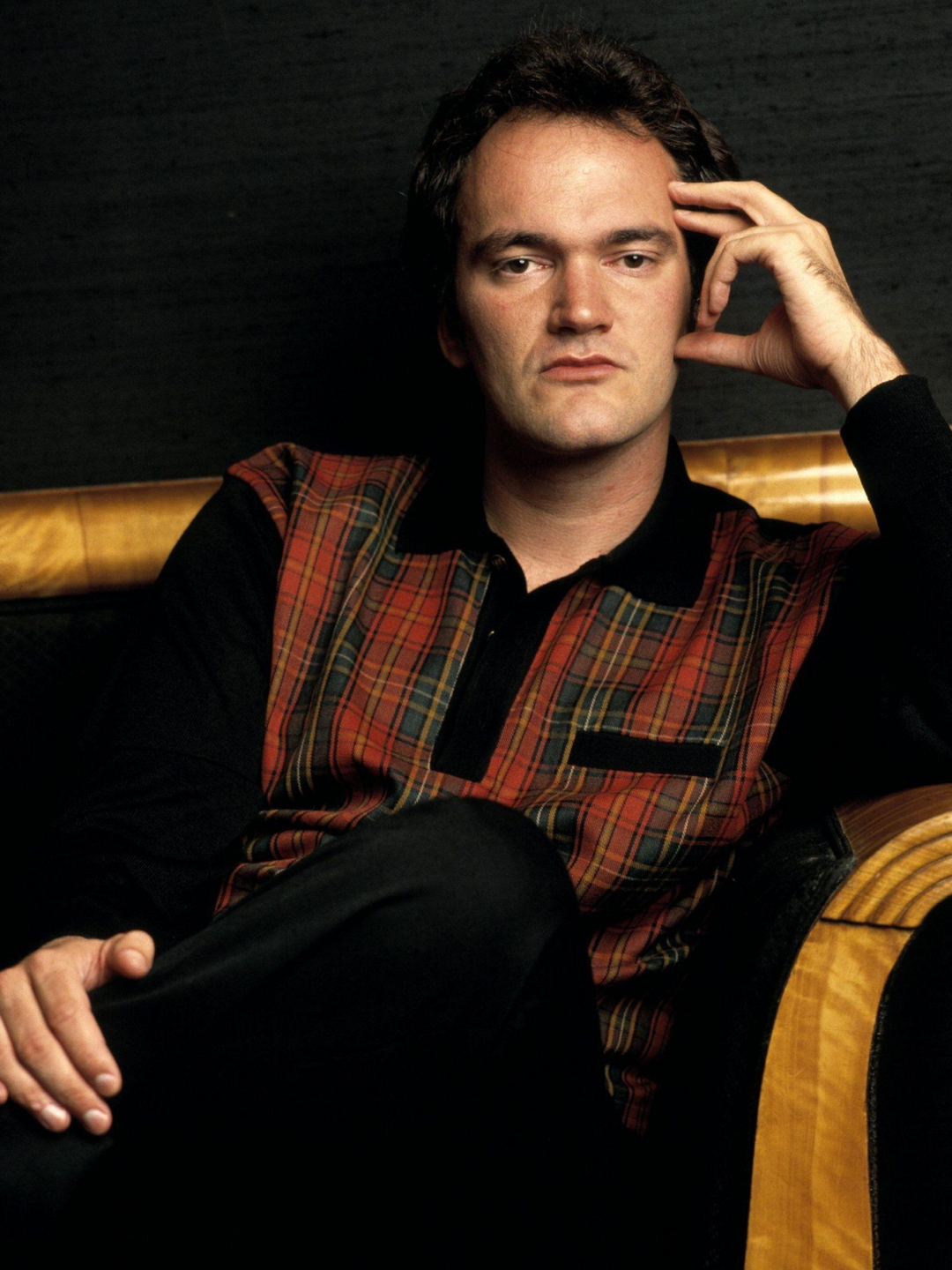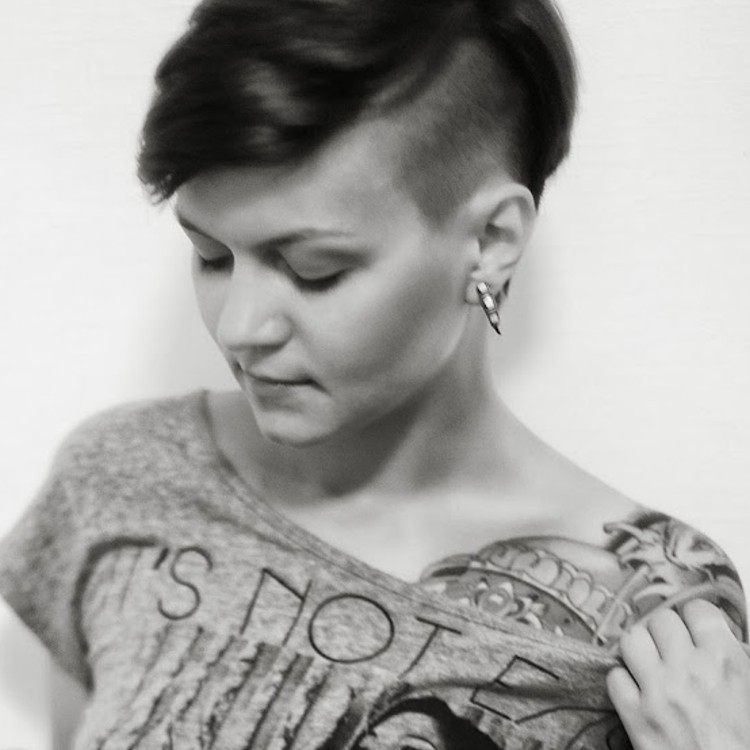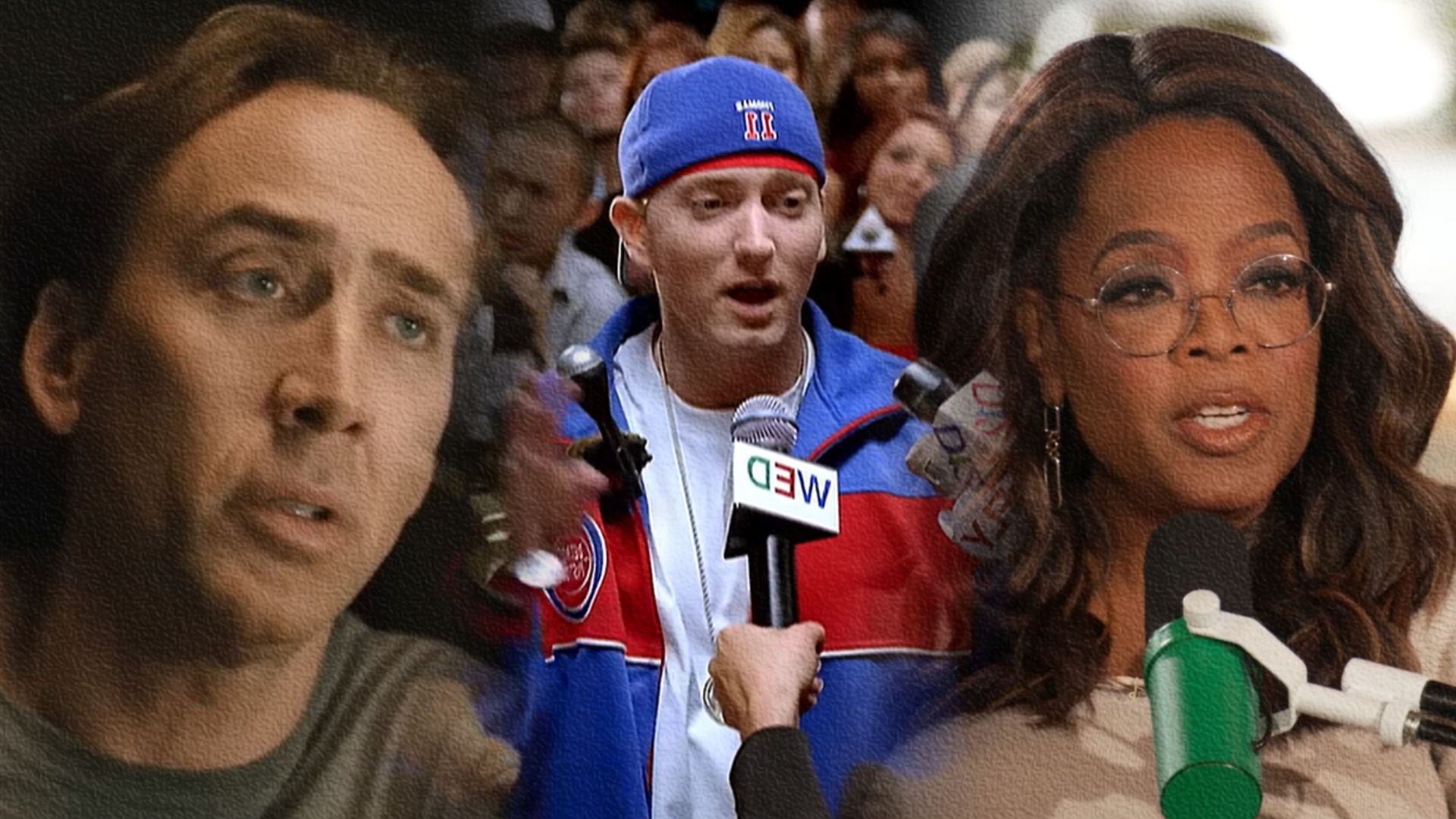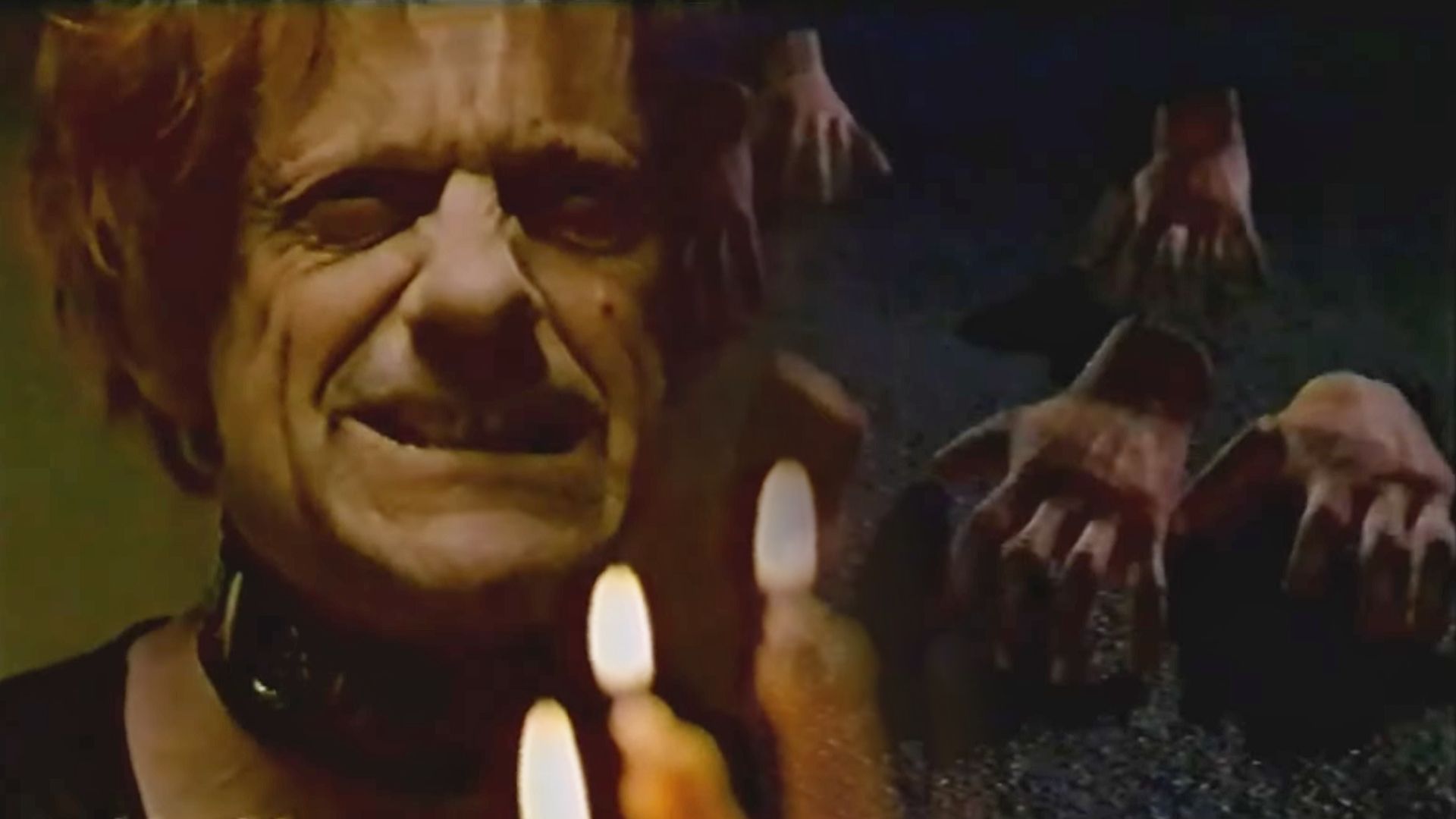Death Proof is the worst movie I ever made, Tarantino once admitted at a Directors Roundtable for The Hollywood Reporter. But hold up, Quentin... really? This film is your worst?
Here's the thing: you craft a blood-soaked, velvet grindhouse anthem, unleash Kurt Russell as a psychotic stuntman, deliver a bone-crushing finale where the girls get their revenge, and then years later you call it your weakest work? I'm not buying it.
Let's break down why "Death Proof" (2007) isn't a failure at all—it's actually an underrated gem in the director's filmography.
This is cinema with soul... and the pedal to the floor
Sure, the film has a 7.0 on IMDb and a modest 67% on Rotten Tomatoes, but is that really so bad for an unabashed experiment? This isn't "Pulp Fiction" or "Once Upon a Time in Hollywood," and it doesn't need to be.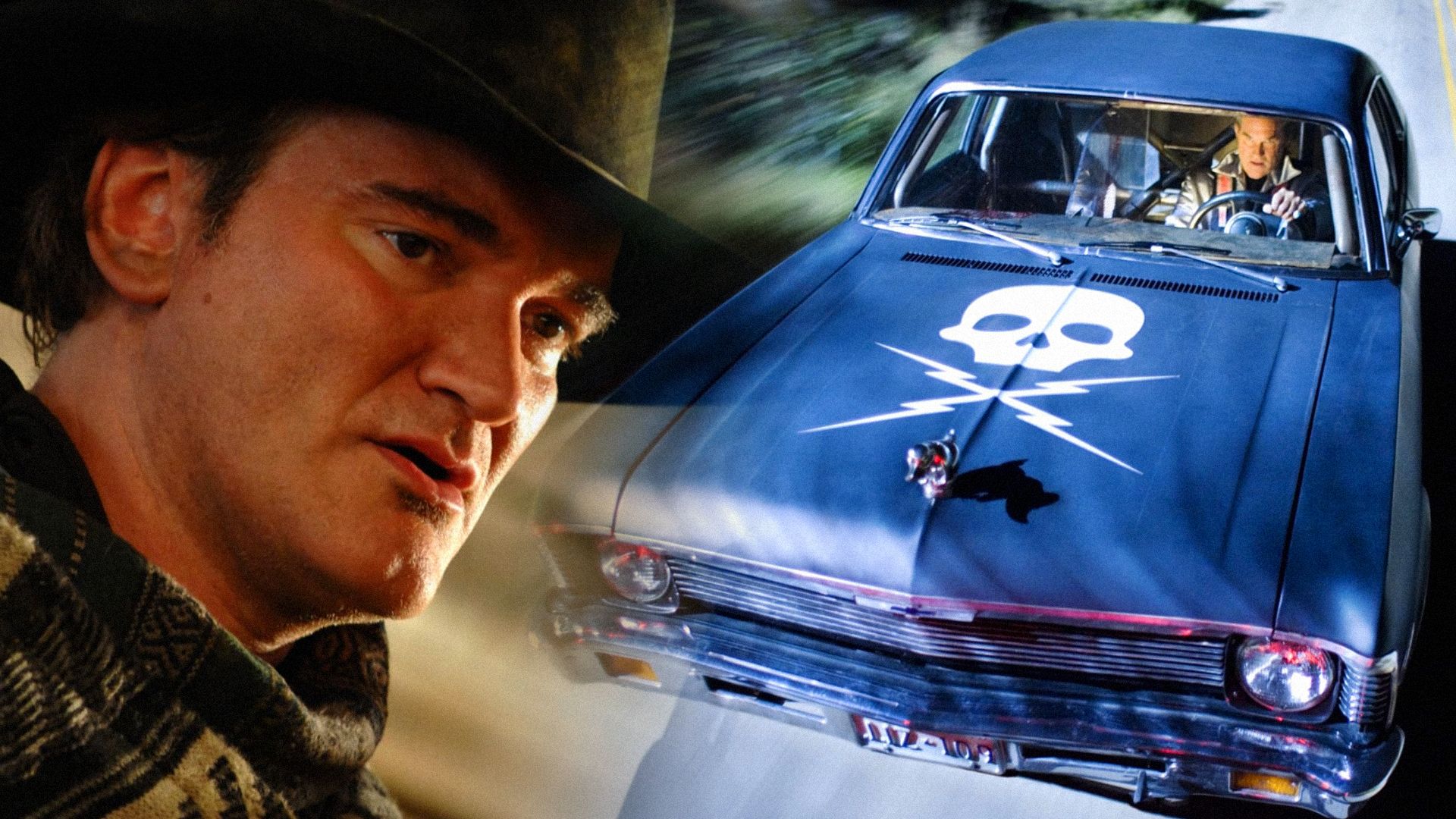
Kurt Russell delivers one of Tarantino's best villains
As Mike, he radiates so much charisma that even his silent moments crackle with tension. He's terrifying and charming at once—like Darth Vader was born in a Texas backwater and drove muscle cars.The final act is the director's best revenge sequence
Tarantino flips the script: first he makes you feel the threat, then he lets the women fight back—and they do it so hard you want to give a standing ovation. This reversal doesn't just work emotionally—it absolutely destroys.Visually, it's pure eye candy
Film scratches, retro title cards, non-linear editing—everything makes "Death Proof" feel like a cinematic construction kit assembled with love.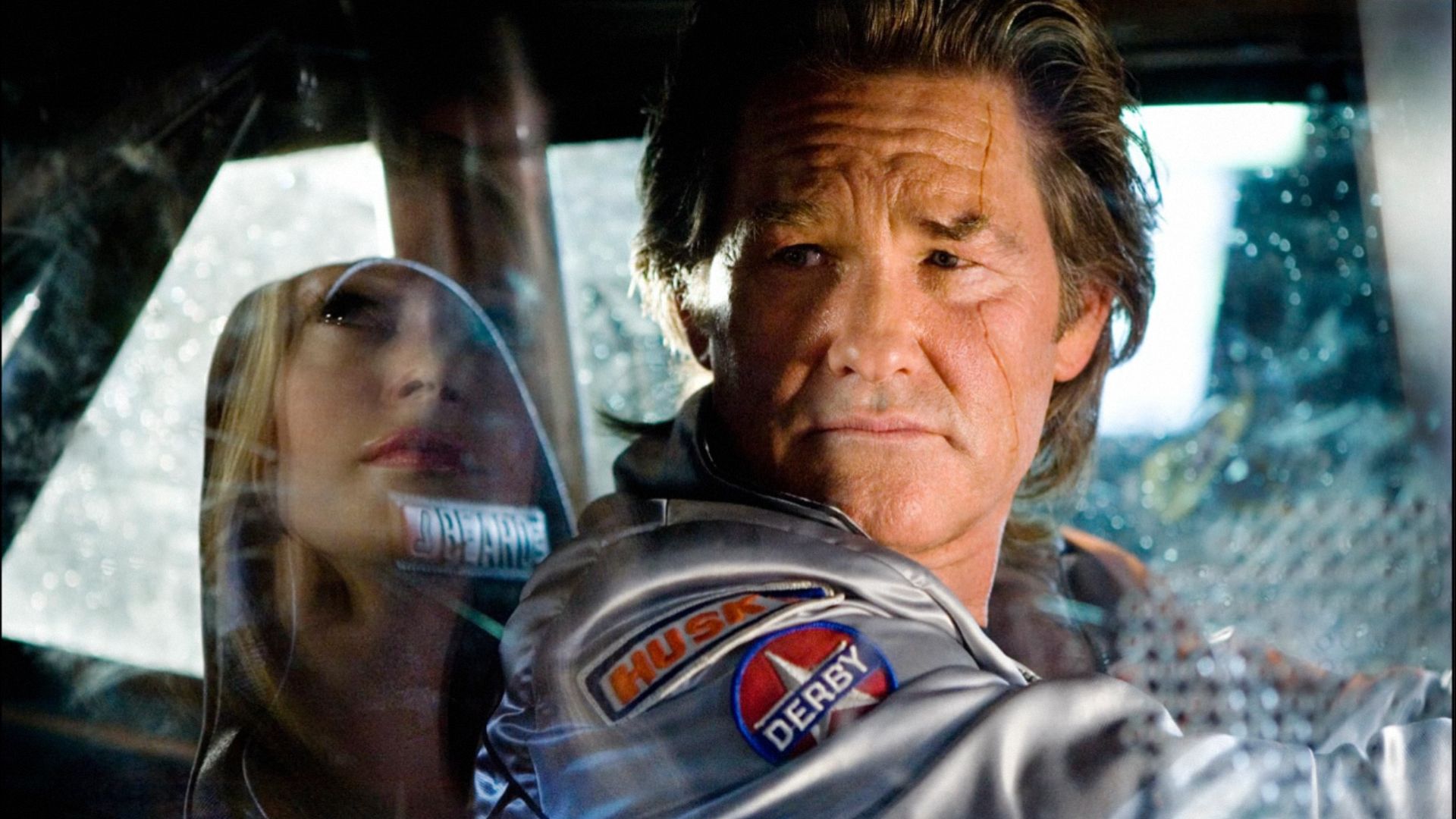
What About the Girls?
Tarantino's been slammed countless times for his marathon dialogue scenes—here he lets his characters run wild, and weirdly enough, it works. Sure, there's a lot of "chatter," but within that chatter, real characters emerge that you genuinely root for. Especially Zoe Bell, who single-handedly outshines half the Marvel blockbusters out there.Tarantino calls "Death Proof" his weakest film—maybe because it bombed at the box office. Maybe because "Grindhouse" as a project didn't meet expectations. Or maybe he's just being too hard on himself (which is more likely).
But if you ask me—no, this isn't his worst film. It's his most honest, wild, and raw experiment. And you don't want to bash work like that. You want to rewatch it.
And damn it, I still put that chase scene on in the background—just to hear that "death on wheels" roar.
P.S. What Is "Grindhouse"?
If you're still not quite sure what style Tarantino was so passionately recreating—here's a quick rundown.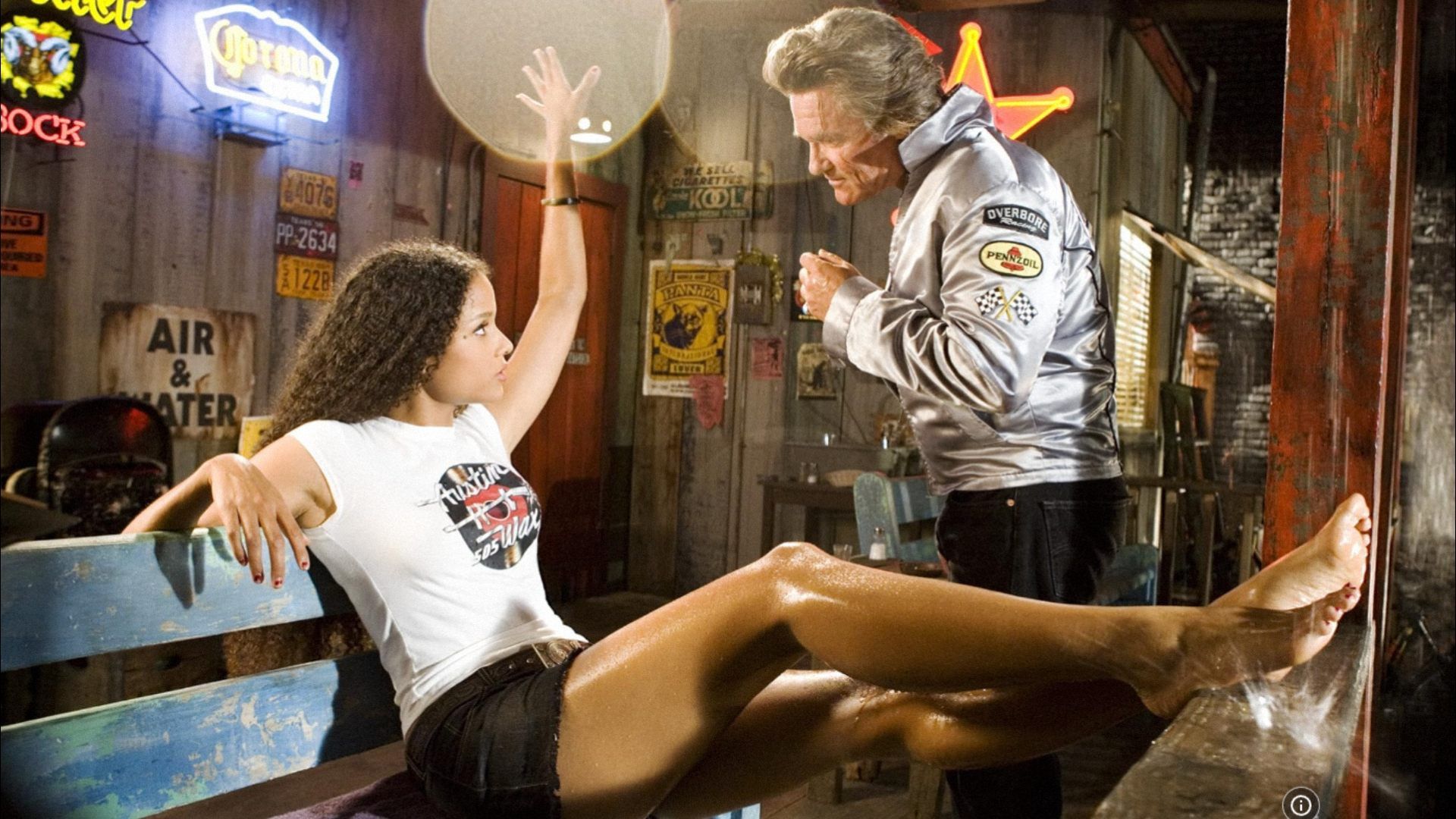
That's exactly the atmosphere Tarantino and Robert Rodriguez decided to pay tribute to in their joint "Grindhouse" project (2007), consisting of "Planet Terror" and "Death Proof." They shot films with intentional scratches on the film stock, fake trailers, and missing reels—to make everything look as authentic as possible.
So before calling "Death Proof" the director's worst film, it's worth remembering that it was actually made as a love letter to a long-forgotten genre. Earlier on zoomboola.com, we told you about why Henry Cavill won't be able to outshine Christopher Lambert in the new Highlander.
